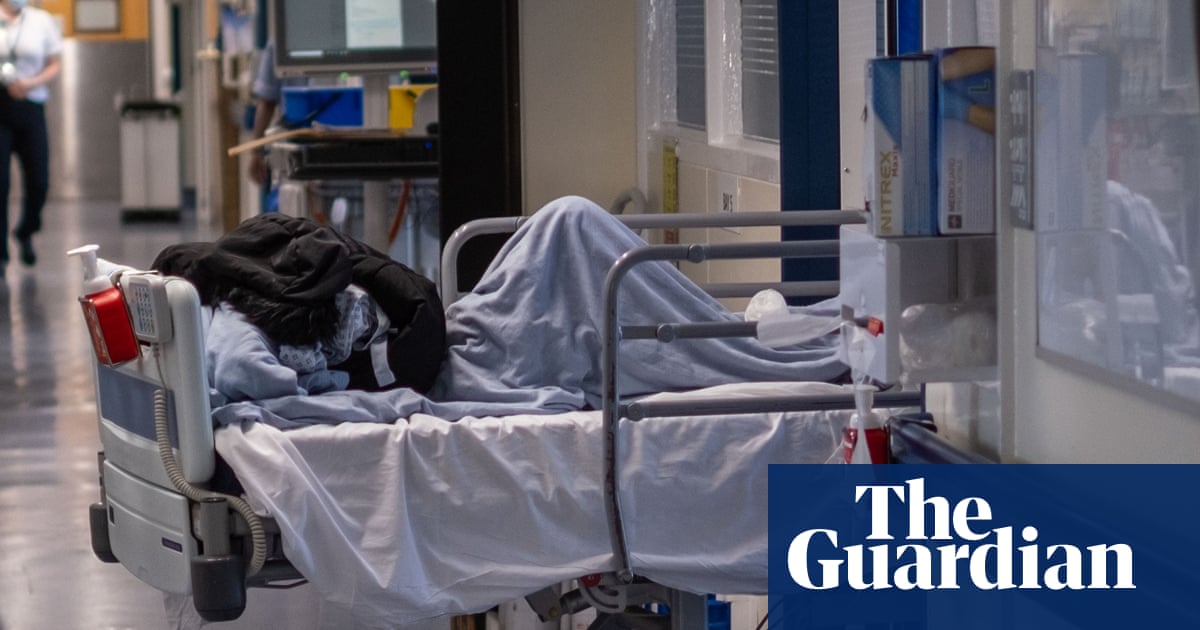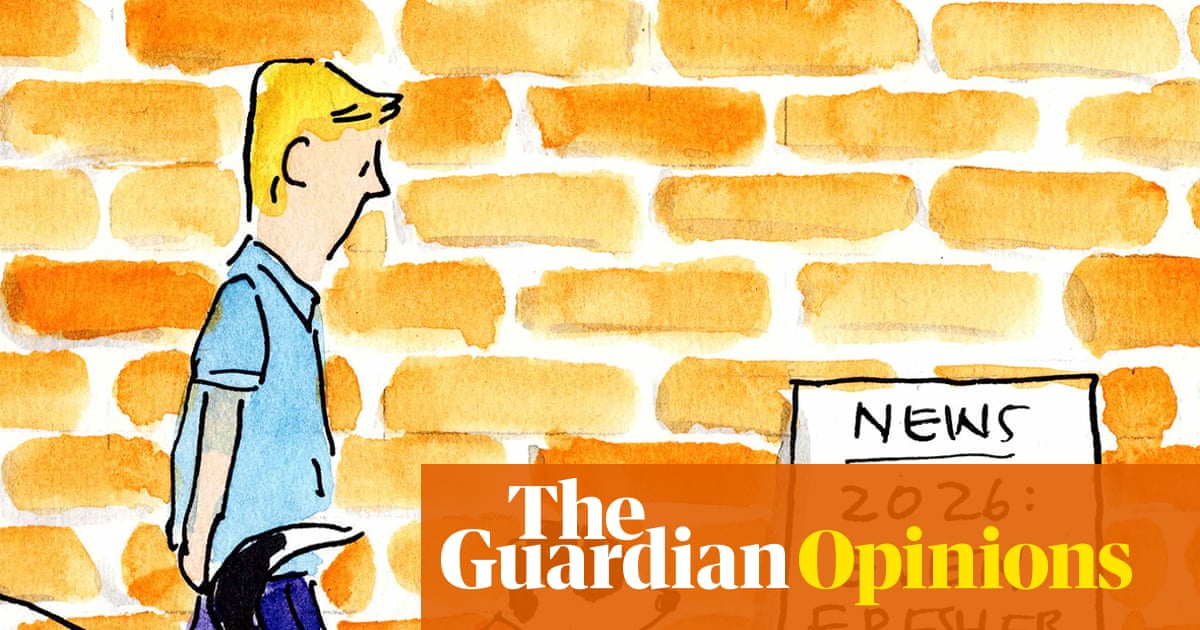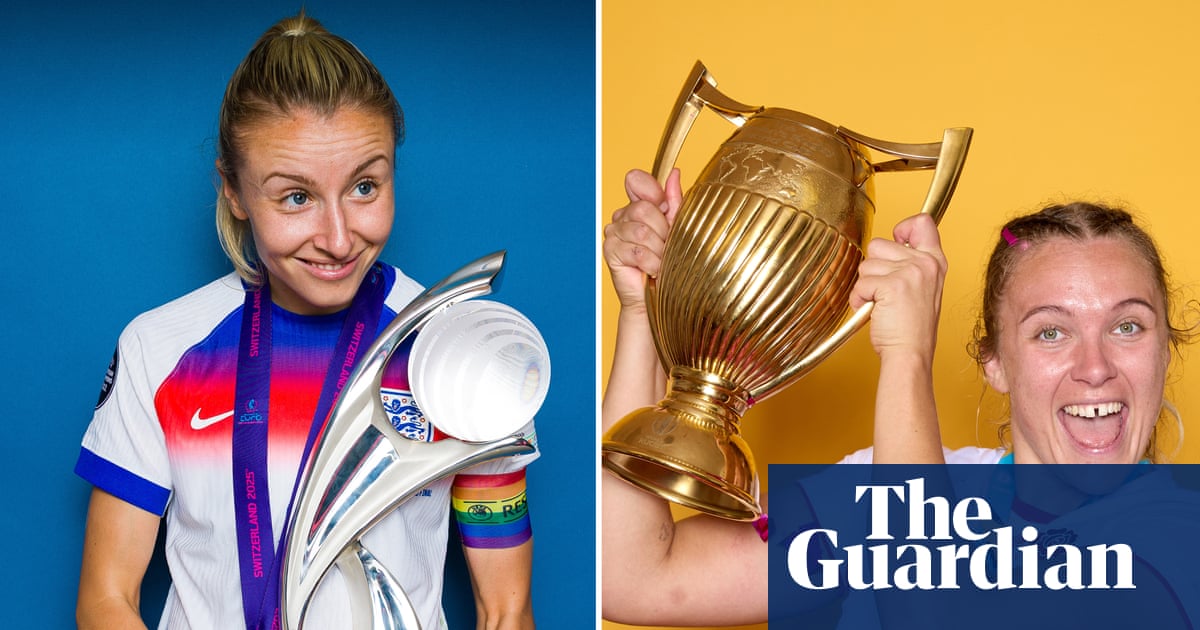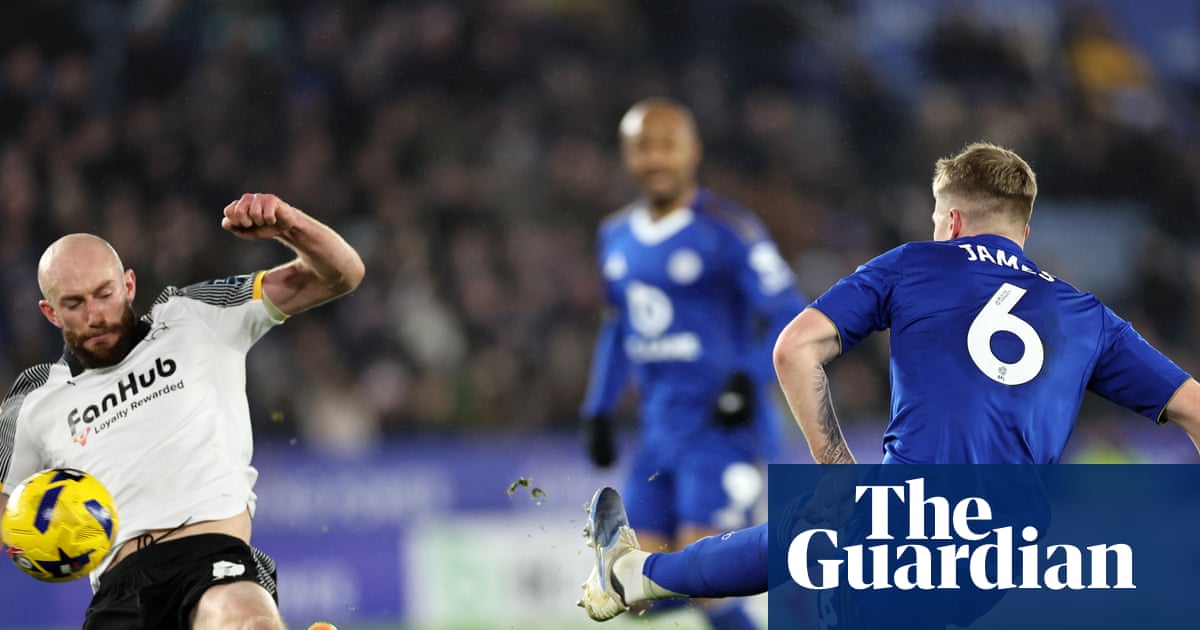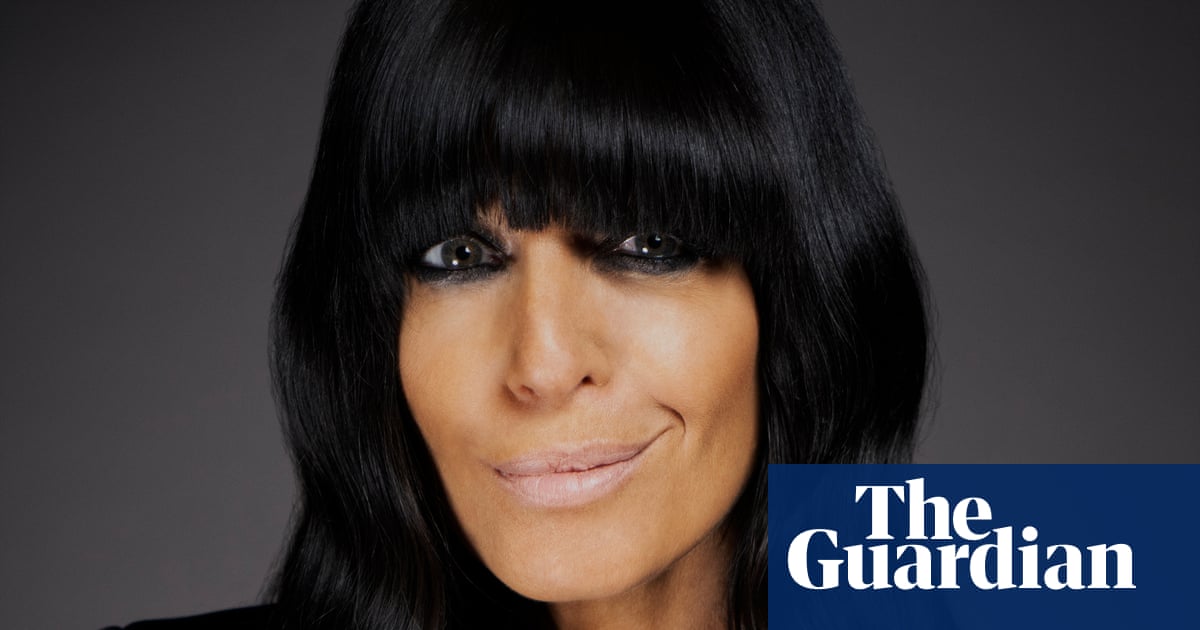It has been more than 20 years since 14-year-old Charlene Downes went missing in Blackpool. Last captured on CCTV on a Saturday night in November 2003, Charlene still hasn’t been found, and the truth of what happened to her remains unsolved. Nicola Thorp, an actor, writer and broadcaster, who grew up in the town, describes Charlene’s disappearance, considered to be murder, as “a wound for Blackpool”. Over the last couple of decades, the case has been clouded by rumour, far-right rhetoric and police failures. In a new podcast, she has set out to clear up some of the speculation, and expose how Charlene was repeatedly failed by those around her.
Many in the town, she says, still believe the two men who were first tried in 2007 – a retrial was ordered, which then collapsed amid “grave doubts” about the evidence – got away with murder. That in itself, she says, is an obstacle to finding out who is really responsible.
In that trial, it was alleged the men disposed of Charlene’s body by making her into kebab meat. That was the story that Thorp remembered from her teen years in Blackpool. “It was just this salacious, shocking story that people spoke to each other about, the ‘kebab girl’,” says Thorp. A few years ago, Thorp decided to look up the story to see if it had been true and was furious that Charlene had been reduced to such a lurid tale, a piece of meat.
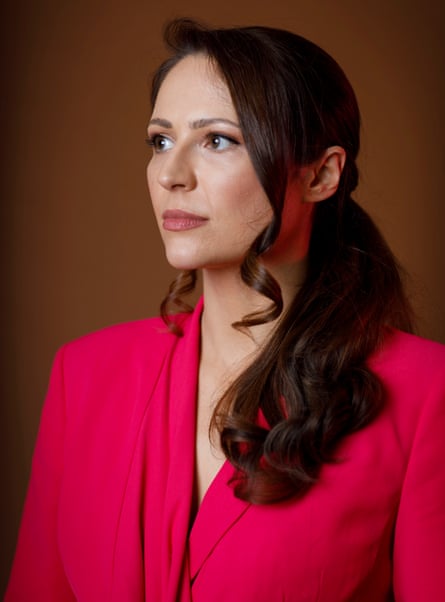
There were other elements of Charlene’s story that appalled her. The persistent racist narrative around the two Middle Eastern men who stood trial (they would go on to be awarded compensation for false imprisonment). That there was evidence that Charlene may have been a victim of the town’s grooming gangs, but could also have been targeted by abusers closer to home. That far-right antagonists continue to capitalise on the disappearance of Charlene. (In January, Elon Musk retweeted a post about Charlene, which repeated the kebab story, including the names of the two accused men, which has been viewed more than 5.7m times.) And worst, that there has been no justice.
Thorp, known for her role as Nicola Rubinstein on Coronation Street, has a history of campaigning for women’s rights. While working as a temp in 2016 for the accountancy firm PwC, she was sent home for refusing to wear high heels; she started a petition, which more than 150,000 people signed, and appeared in front of a commons select committee to highlight sexist dress requirements. Following her terrifying experience of being stalked online by a man who was sentenced to prison for the offence in 2023, Thorp campaigned to allow victims to be given the identity of their stalkers, a change the government announced at the end of last year. If she was to work on something about Charlene Downes, she thought, it had to have a campaigning edge.
It took three years to put the eight-part podcast together. Her research would bring her into contact with Charlene’s family (with some deeply uncomfortable conversations), potential new leads, police, far-right activists and an intense Facebook group intent on uncovering the truth for Charlene, from which she would later be banned. Programmes that had previously been made about the case, she felt, either weren’t long enough to reveal the complexity of Charlene’s difficult background and the police investigation, or were distasteful and sensationalist. A podcast series, she hoped, might “bring people out of the woodwork”.
Thorp, 36, and Charlene lived less than a mile from each other, though, to Thorp’s memory, never met. Thorp remembers the missing posters plastered around the town, but looking back, even this was mishandled. “The poster was her school photo when she was 11, so people were looking for an 11-year-old girl, not a 14-year-old.”
Thorp and Charlene were similar in some ways – the same age, with a shared love of the boyband Westlife – but had very different lives. Thorp’s family run a Blackpool rock factory, and her home life was stable; Charlene’s family had been under the watch of social services, and her younger brother would be taken into care soon after her disappearance. How much did class play into the investigation? “[It was] everything,” says Thorp, when we speak at the Guardian’s offices. “It gets me upset thinking about it, but having read the descriptions that the police officers gave of the girls at the time, it was appalling.” They were considered to be “child prostitutes” and worse. “Charlene was classed as a runaway and [her disappearance] wasn’t taken seriously for several days. Class played into it in the press, too. Would they have called a middle-class girl ‘kebab girl’? I don’t think so. Misogyny and class is what this entire story really is about – and race, in the case of the perpetrators of some of the grooming.”
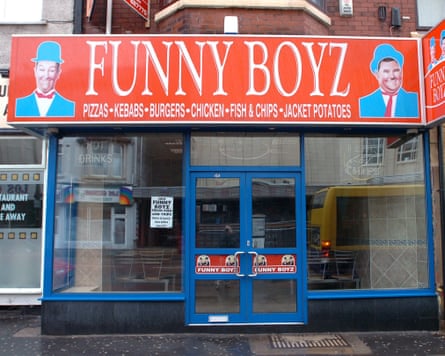
The two men who faced trial in 2007 were takeaway owner Iyad Albattikhi, accused of killing her, and his business partner Mohammed Reveshi (who speaks to Thorp in the podcast), accused of helping him dispose of her body. But a first jury failed to return a verdict. A retrial the following year was abandoned because of doubts over evidence, including secret tapes that purported to be conversations of Albattikhi joking that Charlene had been turned into kebab meat, even though they were virtually inaudible. The investigation is still open, and there is a £100,000 reward for information that leads to a conviction.
In conversations with Charlene’s parents, a troubling picture of their home life emerges. Thorp has a lot of empathy for Karen and Robert Downes, who are desperate for answers, and they spoke to her, though Robert did become abrasive when questioned about the men who spent time around the house, known as his “drinking acquaintances”. “There’s a great deal of complexity around the family and their relationship with Charlene that’s really nuanced and upsetting. They are still her family,” she says, acknowledging their devastating loss, “but they were the people who could have stopped the life that Charlene was subjected to.”
Both her parents have been vilified online, and their relationship with the Facebook campaign group has broken down. That group, as depicted by Thorp, is fascinating. It has more than 4,000 members, holds memorials for Charlene, and has employed private investigators to pursue the case. What does Thorp think motivates them?
“I think the motivation comes from a good place. The group leader is a really engaging, passionate, charismatic person who clearly cares about this case, and is this kind of rallying force.” Thorp admits to being hooked on it in the beginning. “Like, ‘Yeah, I want justice for Charlene, fuck the authorities. I want to join you.’ That gradually started crashing down, and I realised, this is a bit fraught. There were tensions within the group, but also it became this question of who owns Charlene’s story?” Thorp says she was coming under pressure to share every bit of information she found out in the course of the podcast. “It’s a parasocial relationship, but to have a parasocial relationship with this missing girl, there’s unhealthy elements of it. But I think Charlene represents, to a lot of people in that group who might have been victims of abuse themselves: ‘If I can get justice for Charlene, I can get justice for myself.’ I can’t knock that.”
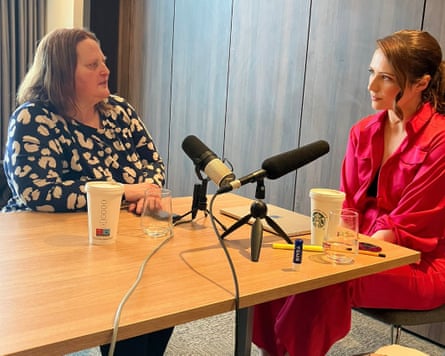
Does she agree with the police officer she interviews that online sleuths hinder investigations? “I think, in the same way [as in] any coverage, even in the podcast, people will come forward who have got nothing to add and just want to insert themselves in the story.” But what troubles her about this case, and the Facebook group, is the hostility towards potential witnesses – Thorp interviewed one who was accused by the group of being a liar, or of having false memories. “It could stop a genuine witness from coming forward and speaking to police … They might first of all go to the Facebook group, and then if they get knocked back there, they give up.”
Police said at the time that Charlene was one of a number of girls who were being sexually exploited by men who worked at a cluster of takeaways in the town. This summer, Charlene’s mother, Karen, said she welcomed a national inquiry into grooming gangs. As a teenager, Thorp was aware that the street of takeaways was considered dangerous and had long known not to hang around in that area. “It was just a kind of ‘don’t go down that alleyway’. When I got older, I realised my parents were sheltering me from some parts of life in Blackpool.”
A lot has been made, not unjustifiably, of the grooming that Charlene, among other girls in Blackpool, is said to have been a victim of by a group of takeaway workers, who are mostly of Asian heritage, but Thorp points out: “The white men who abused Charlene have not been widely reported on. They’re ignored.” This includes a man, Ray Munro, who was staying with the family at the time of Charlene’s disappearance and was about to be sentenced for child sex offences. (Charlene’s parents have said they didn’t know Munro was a sex offender at the time.) He may not have been the only one, but Charlene’s father told the Times he wasn’t aware of any of his acquaintances being paedophiles.
In the course of her reporting, Thorp met Tommy Robinson, the far-right activist, at a memorial for Charlene. She had long conversations with the podcast team about whether to platform him. “I felt it was important to show him and how he speaks about these things and ways in which he can be convincing to people if they are not being told the truth. Charlene’s family had been essentially let down, and here’s this ‘nice bloke’ on the phone, in Karen’s words, saying, I’ll give you money for the campaign. That’s how the far right win.”
The far right’s resurgence frightens her. Last year, just a few weeks before their Blackpool wedding, her then-fiance, the actor Nikesh Patel, with whom she has a baby daughter and who is of Indian heritage, drove Thorp to cover one of a number of riots that had broken out following the murders of three children in Southport, and the misinformation about the attacker being a Muslim asylum seeker. A protester spotted Patel in the car and yelled at him to get out; he managed to lock the doors and drive away. There have been other incidents. She was picked up by a taxi recently, “and got told that I’m lucky that I live in an area where there aren’t many Asians. I said, ‘Well, there’s two in my house.’ He just came out with it. Racism has become emboldened in the UK.” She is scared, she says. “I think we should all be.”
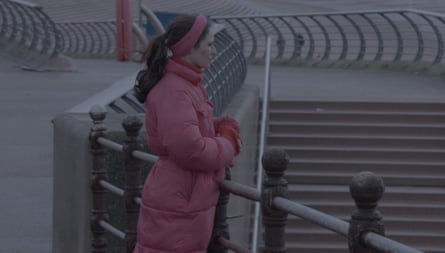
She would be happy to see an inquiry into the police handling of Charlene’s case, “not just because of the grooming that she faced at the hands of men who worked in takeaways, but the incredible police failure surrounding it”. Thorp has had her own experience with the police that enraged her. Around the time of the MeToo movement, Thorp reported being sexually assaulted. “In the interview, being asked by the police, ‘What’s it like to work on Coronation Street? What were you wearing? How much had you had to drink? Had you had a sexual relationship with him before?’ All of this stuff where you’re made to feel guilty – and I’m somebody who works in this area, so I could advocate for myself. It’s the only system we’ve got, so we have to make it better, because it’s the only way we can lock up these abusive men.”
For the podcast, Thorp spoke to women who had been groomed at the time of Charlene’s disappearance, who said they had been told by investigating police that they would be put into care if they didn’t testify against the men involved. “The women said obviously what they did was very different, but the feeling they got from the police was the same as the men who were grooming them, which is your value is based on what you can do for me.”
The belief that she and the police share is that there is witness evidence yet to be unearthed that could be vital, including the identity of a man said to have given Charlene £70 on the day she disappeared. “There are dozens of suspects in this case, but there are also multiple girls, now women, who at the time didn’t want to tell the police what was going on, because the ones who did were threatened, or girls were interviewed with their mum and dad present and wouldn’t want to say what had been going on. They may now feel able to talk about it, whether that’s to me, to the police, to a friend, and actually, it never goes any further than that.”
When Thorp and her producer were trying to get the series commissioned, they were told, she says, “‘no more dead women’. I said, women are still being killed, and we can’t just say no more stories. What you need to do is tell stories about women who have been killed and how that happened, how they’ve been failed, and how we can call on the justice system to make changes.”
The series is gripping, with all the hallmarks of the genre, including reveals and cliffhangers that come with ethical questions about true crime as entertainment. Thorp was, she says, “hyper aware” of that. “We want to educate people about what really happened, and the warning of how, if you let something like a kebab theory take charge of the investigation, then the truth is lost, and the opportunity to get justice for Charlene is potentially lost. I didn’t want this to be for entertainment’s sake. At the heart of this is a call to action, I hope, for people to bring information forward.”

 2 months ago
68
2 months ago
68



